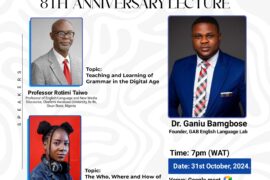Minutes are the by-products of meetings in the sense that they are the written proceedings of such assemblies. According to Huebsch (1986: 328), minutes are impartial summary of the proceedings of a meeting and is, therefore, usually a verbatim report of the resolutions taken. Minutes as records of final deliberations or decisions at meetings are legal documents which can be tendered in evidence in a court of law.
Minutes must, therefore, be signed during the meeting or at a subsequent session by the recognized officials of the meeting who are empowered to do so by its constitution. Usually, the officials are the chairman and the secretary or people nominated to act in these capacities as an interim measure.
QUALITIES OF GOOD MINUTES
Good minutes:
1. Should reflect the actual decisions of the meeting.
2. Must be precise and direct.
3. Should not have digressions and intercalary expressions. Sometimes off-record remarks are made during meetings. These should not be recorded in the minutes.
4. Must not contain ambiguities or clumsy expressions. It is important to note that minutes are the reported versions of discussions/decisions by other people. This implies the use of:
a. Reported speech and the transformations characterize this form of speech.
b. The past tense forms of verbs.
c. Quotation marks to mark direct speech and vernacular words or expressions which appear in the presentation.
The next lecture will discuss the formal features of meetings.
HAVE A FRUITFUL WEEK!



3 Comments
It is heartwarming to see your labour focused on English for official purposes.. well done. This is a very commendable write up. keep up the good work.
Nice one bro…each time I read your post,I either learn something new or I get an upgrade to the little I knew before then…keep the fire burning…
Nice one
Am really impressed and love to see more